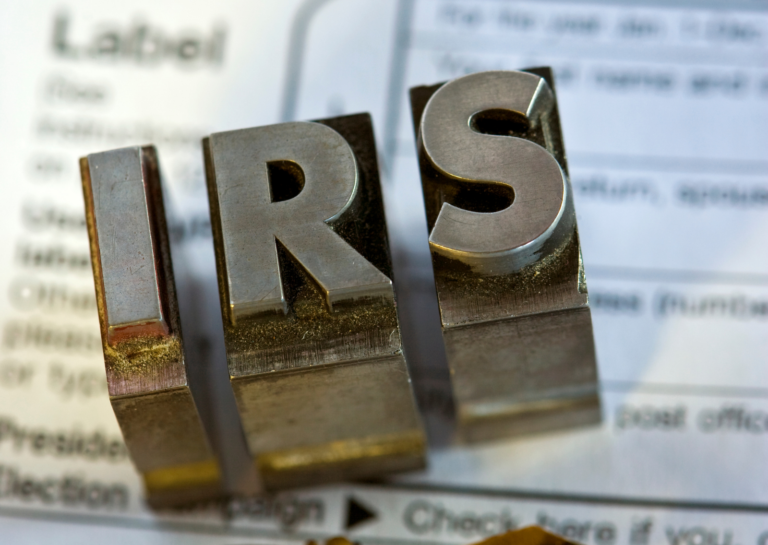IRS adds Employee Retention Credit claims to its 2023 Dirty Dozen list.
The Internal Revenue Service recently announced its annual Dirty Dozen list of tax scams for 2023 with a reminder for taxpayers, businesses and tax professionals to watch out for these schemes throughout the year, not just during tax season.
New on the list in 2023 are Employee Retention Credit (ERC) claims, due to the “aggressive pitches” from scammers who promote large refunds related to the ERC and encourage ineligible people to claim the ERC credit. These promotions are often based on inaccurate information related to eligibility for and computation of the credit.
The ERC is a refundable tax credit designed for businesses who continued paying employees while shutdown due to the COVID-19 pandemic or had significant declines in gross receipts from March 13, 2020 to December 31, 2021. Eligible taxpayers can claim the ERC on an original or amended employment tax return for a period within those dates.
To be eligible for the ERC credit, employers must have:
- Sustained a full or partial suspension of operations due to orders from an appropriate governmental authority limiting commerce, travel or group meetings due to COVID-19 during 2020 or the first three quarters of 2021
- Experienced a significant decline in gross receipts during 2020 or a decline in gross receipts during the first three quarters of 2021
- Qualified as a recovery startup business for the third or fourth quarters of 2021
As a reminder, only recovery startup businesses are eligible for the ERC in the fourth quarter of 2021. Additionally, for any quarter, eligible employers cannot claim the ERC on wages that were reported as payroll costs in obtaining PPP loan forgiveness or that were used to claim certain other tax credits.
Due to the level of ongoing fraud, businesses filing ERC claims may have a heightened risk of an IRS audit. If you filed an ERC claim, it is recommended that you maintain records and documentation that properly demonstrate eligibility. Employers that meet the eligibility criteria and want to file a claim, they have until April 15, 2024 for 2020 quarters and April 15, 2025 for 2021 quarters.
The top twelve schemes that made the 2023 Dirty Dozen list include:
- Employee Retention Credit claims
- Phishing (unsolicited emails) and smishing (unsolicited texts)
- Online account help from third-party scammers
- False Fuel Tax Credit claims
- Fake charities
- Unscrupulous tax return preparers
- Social media: Fraudulent form filing and bad advice
- Spearphishing and cybersecurity for tax professionals
- Schemes aimed at high-income filers
- Bogus tax avoidance strategies
- Schemes with international elements
- Offer in Compromise mills
Many of these schemes peak during filing season as people prepare their tax returns. These scams can occur throughout the year as fraudsters look for ways to steal money, personal information, data and more.
“Scammers are coming up with new ways all the time to try to steal information from taxpayers,” said IRS Commissioner Danny Werfel. “People should be wary and avoid sharing sensitive personal data over the phone, email or social media to avoid getting caught up in these scams. And people should always remember to be wary if a tax deal sounds too good to be true.”
If you believe you qualify for the ERC, we highly recommend evaluating the costs and benefits before moving forward with any company. If you have questions about ERC or suspect or are unsure about tax related solicitations, please contact your trusted advisor to clarify.

